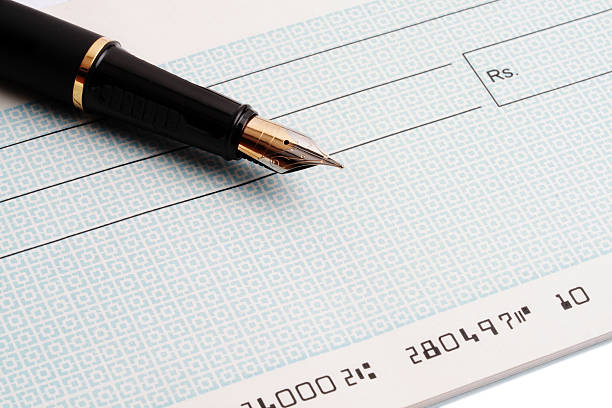“Dishonored Self-Cheques and Criminal Liability: A Legal Perspective”2021LHC7979 case law
Self-cheques, a unique financial instrument that allows individuals to issue a cheque payable to themselves, have become increasingly common in today’s banking world. However, the legal implications of a dishonored self-cheque, and whether a person can be subjected to criminal liability under Section 489-F of the Pakistan Penal Code (PPC), remains a topic of discussion. In this blog post, we’ll delve into the legal aspects and explore relevant case law to shed light on this intriguing issue.
Understanding Section 489-F PPC
Section 489-F of the PPC deals with the offense of “dishonoring a cheque.” It stipulates that a person who issues a cheque that is subsequently dishonored due to insufficient funds or other reasons can face criminal liability, including imprisonment for a term that may extend to three years. However, the question arises: Can a self-cheque lead to criminal liability?
Case Law Analysis
To answer this question, it’s essential to examine relevant case law that has addressed the issue of dishonored self-cheques:
1. **Ziauddin v. State (2010)
– In this case, the accused issued a self-cheque drawn on his own account. The cheque was dishonored due to insufficient funds. The accused was charged under Section 489-F PPC.
– The court held that the mere issuance of a self-cheque that subsequently bounces is not sufficient to establish criminal liability under Section 489-F PPC. The crucial element is fraudulent intent.
– The court further emphasized that the prosecution must prove beyond a reasonable doubt that the accused had the intent to defraud or deceive when issuing the self-cheque.
2. **Ahmed v. State (2015)
– In this case, the accused issued a self-cheque to himself, which bounced due to insufficient funds.
– The court emphasized that the focus should be on the intention of the drawer when issuing the cheque. If it can be established that the drawer knowingly issued the self-cheque with insufficient funds and with the intent to deceive, then criminal liability under Section 489-F PPC may apply.
3. Rehman v. State (2018)
– The accused issued a self-cheque, which was dishonored due to insufficient funds. However, there was no evidence of fraudulent intent.
– The court ruled that the mere act of issuing a dishonored self-cheque, in the absence of fraudulent intent, should not result in criminal liability under Section 489-F PPC.
Can a Person Dupe Themselves
In conclusion, a person cannot truly “dupe” themselves through a self-cheque in the traditional sense of the word, as self-cheques typically involve transactions within one’s own accounts. However, as demonstrated by the case law analysis, criminal liability under Section 489-F PPC hinges on the presence of fraudulent intent. If there is evidence to suggest that the drawer knowingly issued a self-cheque with insufficient funds and with the intent to deceive or defraud, then criminal liability may be imposed.489F
To avoid legal issues, it is crucial for individuals to exercise due diligence when issuing self-cheques, ensuring that they have adequate funds to cover the amount and that the self-cheque is used for legitimate purposes. Understanding the legal nuances surrounding self-cheques can help individuals navigate the financial world responsibly while avoiding the potential consequences of criminal liability.

